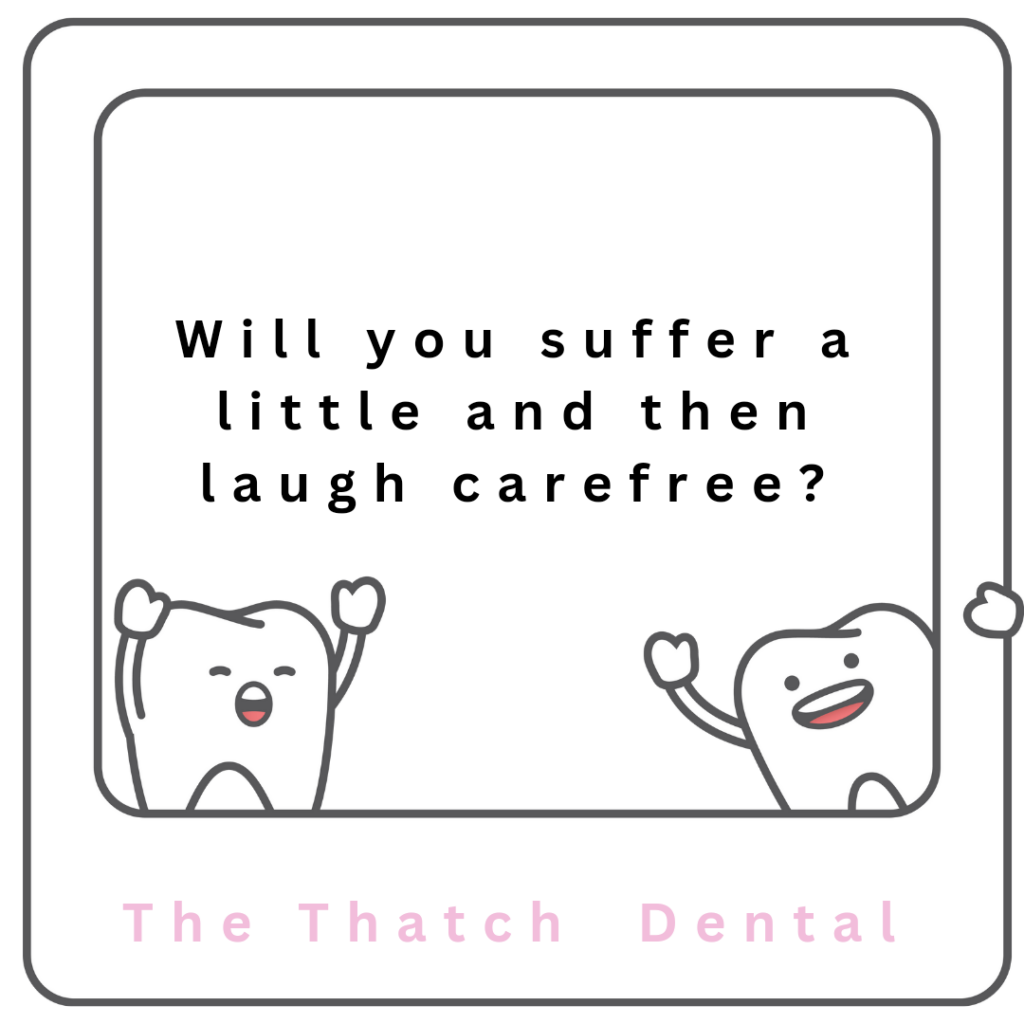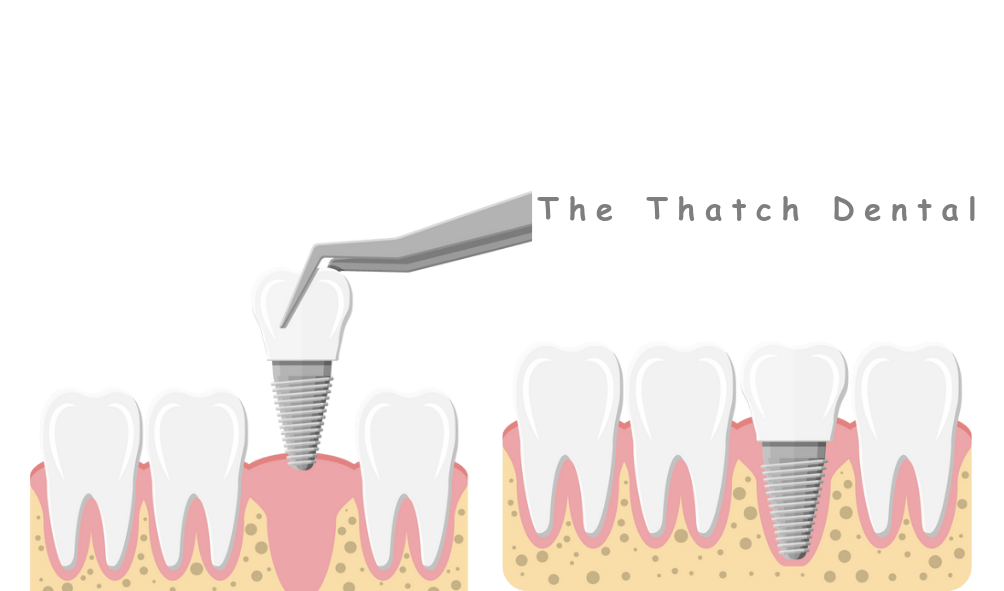Are dental implants painful
Pain with dental implants varies from patient to patient and depends on a number of factors, including your pain tolerance, how complicated the procedure is, and your dentist’s or oral surgeon’s skill.
During the procedure, patients are usually under local anesthesia that numbs the affected area and reduces pain and discomfort. In some cases, sedation may be used to further reduce pain and discomfort.
After your procedure, you may experience some degree of pain or tenderness in your implant site for several days. This is normal and can be managed with OTC pain medications.
It’s important to talk to your dentist and oral surgeon about any pain or discomfort you may have before your procedure so that they can address it and make sure you have a pleasant experience.
While some patients may experience some discomfort with dental implants, most patients find that the long term benefits outweigh any short term discomfort.

Pain with dental implants varies from patient to patient and depends on a number of factors, including your pain tolerance, how complicated the procedure is, and your dentist’s or oral surgeon’s skill.
During the procedure, patients are usually under local anesthesia that numbs the affected area and reduces pain and discomfort. In some cases, sedation may be used to further reduce pain and discomfort.
After your procedure, you may experience some degree of pain or tenderness in your implant site for several days. This is normal and can be managed with OTC pain medications.
It’s important to talk to your dentist and oral surgeon about any pain or discomfort you may have before your procedure so that they can address it and make sure you have a pleasant experience.
While some patients may experience some discomfort with dental implants, most patients find that the long term benefits outweigh any short term discomfort.

In addition to the discomfort that comes with the procedure, the majority of patients don’t experience any pain during the healing period. The jawbone will fuse with the implant over a period of several months.
During that time, some discomfort or sensitivity may occur as the implant fits into the bone, but this is usually mild and can be managed with over the counter pain relievers. It is important to follow your dentist’s or oral surgeon’s post-operative instructions to ensure proper healing and reduce discomfort.
These instructions may include oral hygiene instructions, dietary restrictions, or any prescribed medications. In rare cases, complications like infection or implant failure may occur and may require additional treatment.With proper care and regular visits to your dental provider, you can reduce the risk of complications.
Overall, dental implant procedures can be uncomfortable, but many patients find they are worth it for the return of oral function, enhanced oral health, and durability.
If you’re experiencing pain or discomfort with dental implants, talk to your dental professional. They can help answer any questions or concerns you may have and provide personalized support.







